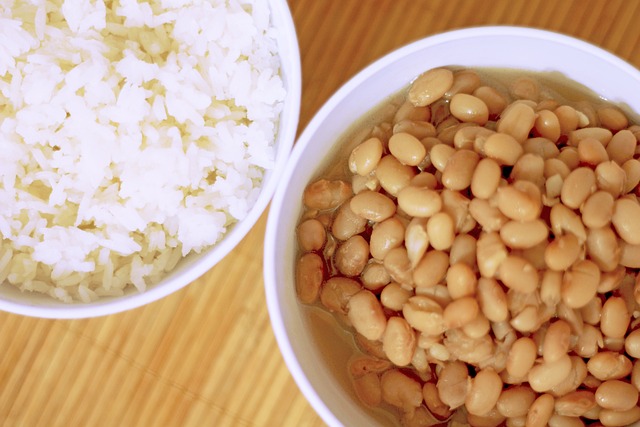Ayurveda, the ancient Indian system of medicine, places great importance on the role of proper digestion in maintaining overall health and well-being. According to Ayurvedic principles, certain food combinations can disrupt the digestive process and lead to imbalances in the body. By understanding which food combinations to avoid, we can support optimal digestion, prevent discomfort, and promote overall well-being.
Here are some food combinations that are discouraged in Ayurveda and understand the reasons behind these guidelines.
Mixing Milk with Sour Fruits
Ayurveda advises against combining milk or dairy products with sour fruits like citrus fruits (lemons, oranges, grapefruits) or certain berries (such as strawberries). The reason behind this recommendation lies in the conflicting properties and digestive processes of these foods. Milk is considered heavy to digest and requires an alkaline digestive environment, while sour fruits are acidic in nature and can create an acidic environment in the stomach. Consuming them together can lead to curdling of milk, digestive disturbances, and the potential formation of toxins (ama).
Combining Milk with Fish
In Ayurveda, the combination of milk and fish is considered incompatible. Milk requires a specific set of enzymes for digestion, while fish requires a different set of enzymes. When consumed together, these different digestive requirements can cause an imbalance in the digestive fire (agni) and result in indigestion or the formation of toxins. It is advisable to avoid this combination to support optimal digestion and prevent potential digestive disturbances.
Mixing Honey with Hot Foods
Ayurveda discourages the combination of honey with hot foods or beverages. Honey has a heating quality, while hot foods or beverages also have a heating effect on the body. When combined, this can lead to the alteration of honey’s chemical composition, making it difficult to digest and potentially harmful. To enjoy the benefits of honey, it is best to consume it with foods or beverages at room temperature or below.
Mixing Honey and Ghee (Clarified Butter)
Ayurveda advises against combining equal quantities of honey and ghee (clarified butter) in equal parts. This combination is believed to create a toxic substance called “ama” in the body. According to Ayurveda, honey has a heating effect on the body, while ghee has a cooling effect. When combined in equal proportions, they can interfere with each other’s qualities, potentially compromising digestion and leading to the formation of toxins. To enjoy the benefits of honey and ghee, it is best to consume them separately or use them in different proportions.
Combining Melons with Other Foods
Melons, such as watermelon, cantaloupe, or honeydew, are best enjoyed separately from other foods. Melons have a high water content and digest quickly. When consumed with other foods, especially heavier or slower-digesting items, melons can cause fermentation, gas, and discomfort. To fully enjoy the hydrating and cleansing properties of melons, it is advisable to consume them alone, ideally 30 minutes before or after other foods.
Mixing Different Types of Proteins
Ayurveda recommends avoiding the combination of different types of proteins in one meal. Each type of protein, such as meat, poultry, fish, eggs, or legumes, requires specific enzymes and time for digestion. When combined, this can create a strain on the digestive system, leading to incomplete breakdown of nutrients and potential digestive discomfort. It is best to consume one type of protein per meal and focus on combining it with compatible vegetables or grains.
Ayurveda provides valuable guidelines on food combinations to avoid in order to support optimal digestion and promote overall well-being. By understanding the principles behind these recommendations, we can make informed choices that prevent digestive disturbances and promote balanced nutrition. While these guidelines are general, it is important to listen to your body and pay attention to how specific food combinations affect your digestion. Consulting with an Ayurvedic practitioner can provide personalized guidance based on your unique needs and constitution, allowing you to cultivate a diet that supports your well-being on all levels.
Image by Kevin Phillips from Pixabay
Ayurveda
-

What are the Six Tastes in Ayurveda?
Ayurveda, the ancient Indian system of medicine, views food as medicine and emphasizes the importance of nourishing the body with a balanced diet. Central to Ayurvedic nutrition is the concept of the six tastes, each with its unique properties and effects on the body and mind. According to Ayurveda, including all six tastes in our…







Leave a Reply